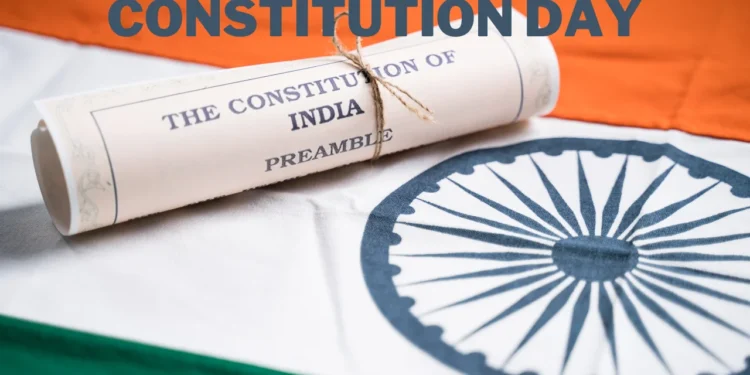In a significant ruling, the Supreme Court of India clarified that its directive setting timelines for Governors to act on bills passed by state legislatures does not amount to an amendment of the Constitution. The Court’s decision addressed the long-standing issue of Governors delaying assent to bills and emphasized the need for timely action in order to uphold the democratic process at the state level.
The case at hand involved the question of whether the imposition of specific timelines on Governors for granting or withholding assent to bills would amount to altering the Constitution. Article 200 of the Indian Constitution gives Governors the power to either assent to a bill passed by the state legislature, withhold assent, or reserve it for the President’s consideration. However, this provision does not specify any time limit within which a Governor must act on a bill, leaving room for delays.

Over the years, many state governments and political leaders have raised concerns about the prolonged delay in Governors’ decisions regarding bills, which often results in legislative gridlock. The delay in assenting to bills, especially those passed by elected representatives, undermines the legislative process and hampers governance.
The Supreme Court, in its judgment, stressed that while the Governor holds discretionary powers under Article 200, those powers must be exercised in a manner consistent with the Constitution and democratic principles. The Court pointed out that setting a reasonable timeframe for Governors to act on bills is essential to maintaining the functioning of the state legislature and safeguarding the rights of elected representatives.
The Court clarified that imposing a timeline on Governors does not involve a change or amendment to the Constitution, as it does not alter the fundamental structure of the Constitution or the powers granted to the office of the Governor. Instead, the ruling simply sought to ensure that the Governor’s role is exercised in a timely and responsible manner, preventing undue delays in the legislative process.
The ruling underscored that such timelines are in place to prevent Governors from using their power to withhold assent as a means to delay or block the passage of important legislation. The Court’s interpretation reflects the necessity of striking a balance between the Governor’s powers and the legislative authority of the state.
This judgment has far-reaching implications for the functioning of state governments in India. By establishing that Governors must act on bills within a reasonable timeframe, the Supreme Court aims to streamline the legislative process and reduce the possibility of political interference. The ruling is expected to have a direct impact on how state assemblies interact with the office of the Governor and the overall relationship between the executive and legislature at the state level.
Critics of the delay in gubernatorial assent have long argued that it leads to the undermining of democracy. With the Supreme Court now setting clear guidelines, the decision could help foster greater accountability and efficiency in the functioning of state governments.Supreme
Additionally, the ruling places responsibility on Governors to exercise their powers within the parameters of the Constitution, ensuring that their actions do not lead to unnecessary obstruction of the legislative process. This reaffirms the importance of respecting the constitutional framework that balances the roles of the various branches of government.
The Supreme Court’s ruling on the timelines for Governors to act on bills is a crucial step in adressing issues related to legislative delays and executive interference. By affirming that such timelines do not constitute a constitutional amendment, the Court has upheld the sanctity of the Constitution while ensuring that the functioning of state legislatures is not hindered by unnecessary delays.
This judgment highlights the Court’s role in safeguarding democratic values and ensuring the smooth functioning of the governance system. As India continues to evolve, such decisions are vital in maintaining the constitutional balance and fostering transparency, accountability, and timely governance at the state level.
Also Read : Supreme Court Sets 3-Month Deadline for President to Act on Bills Referred by Governors















 Categories
Categories









